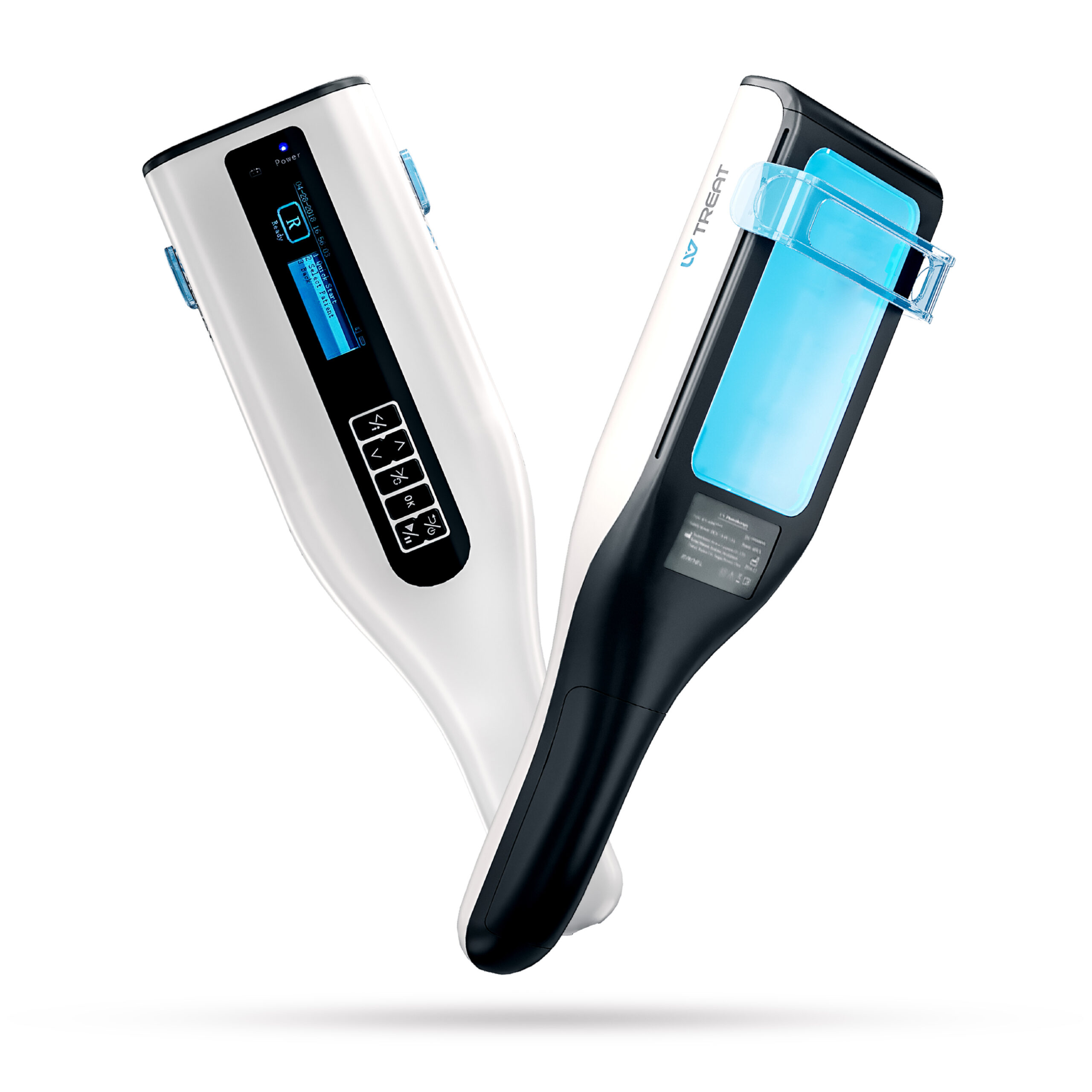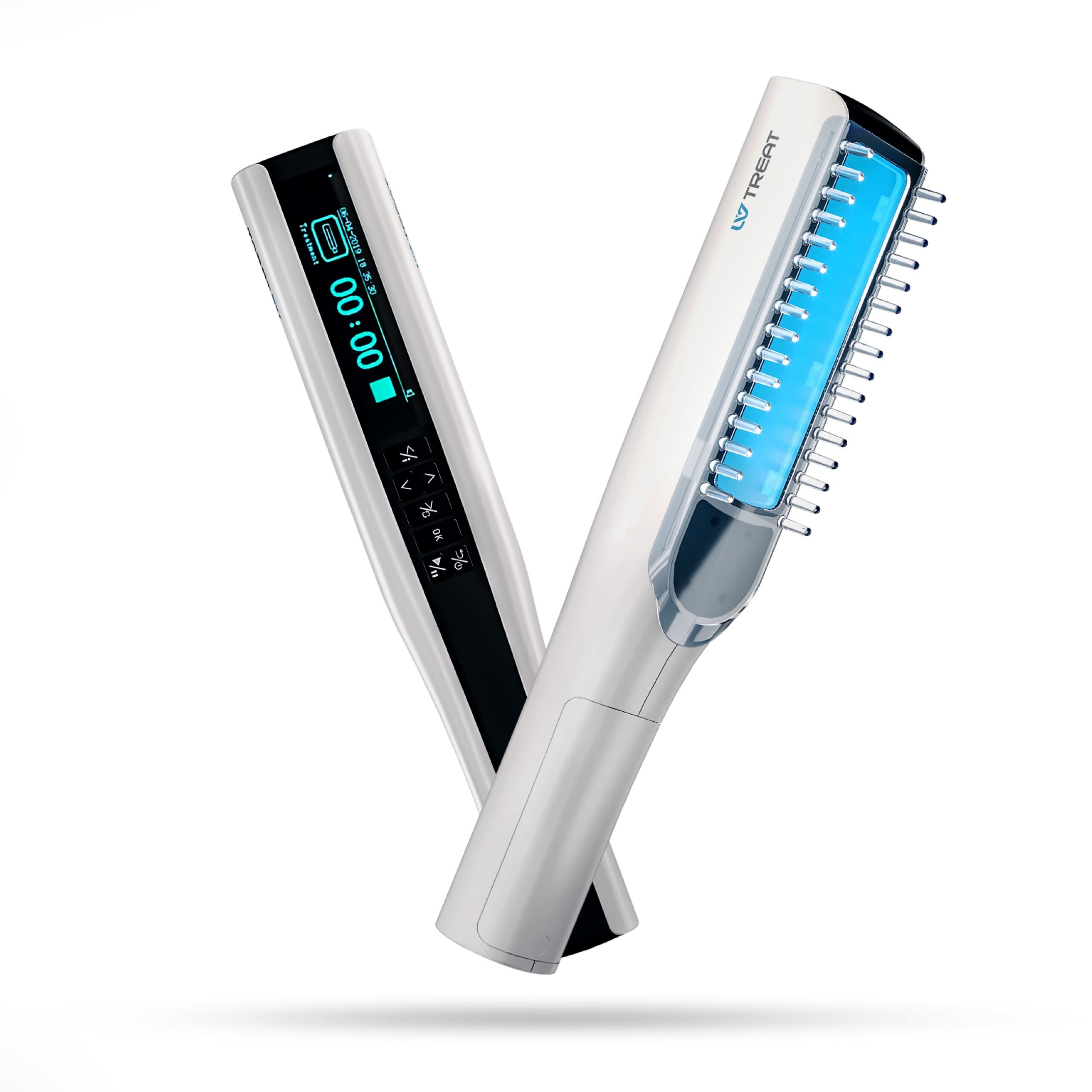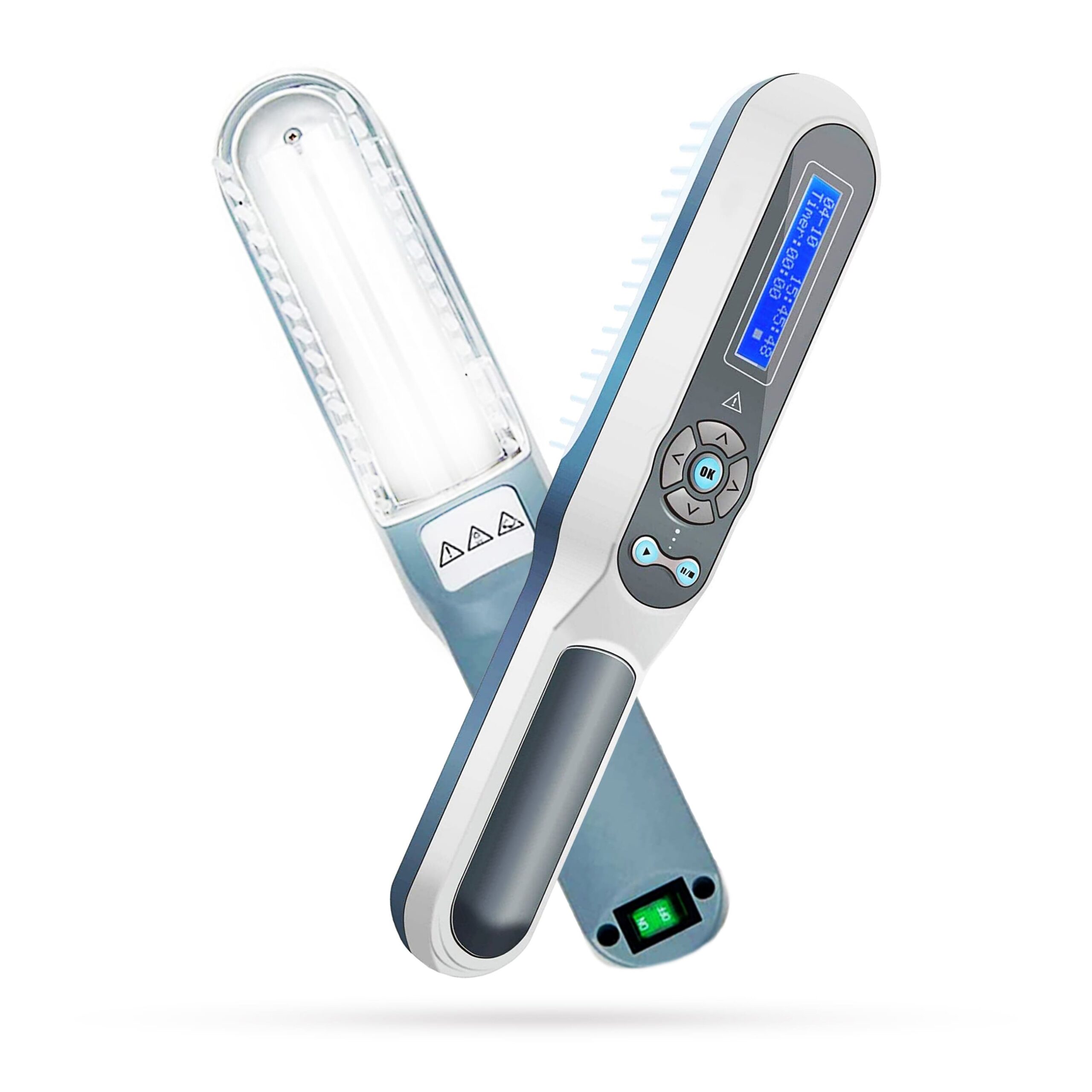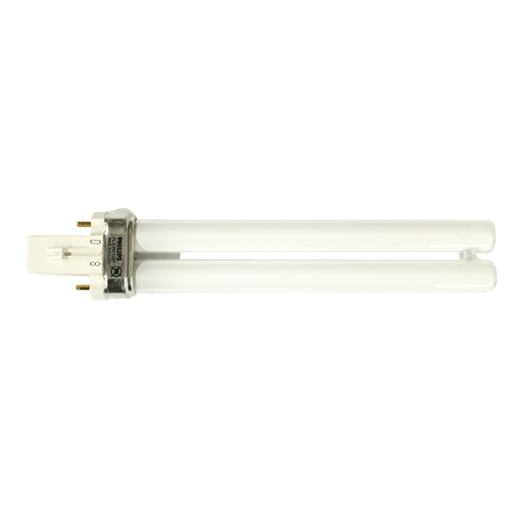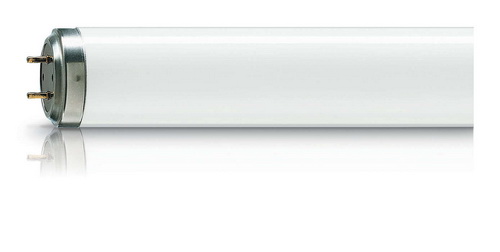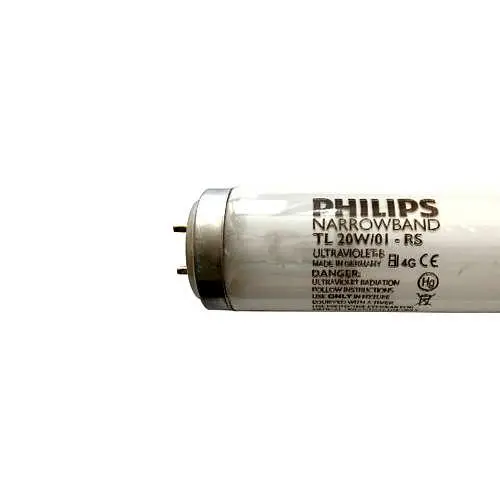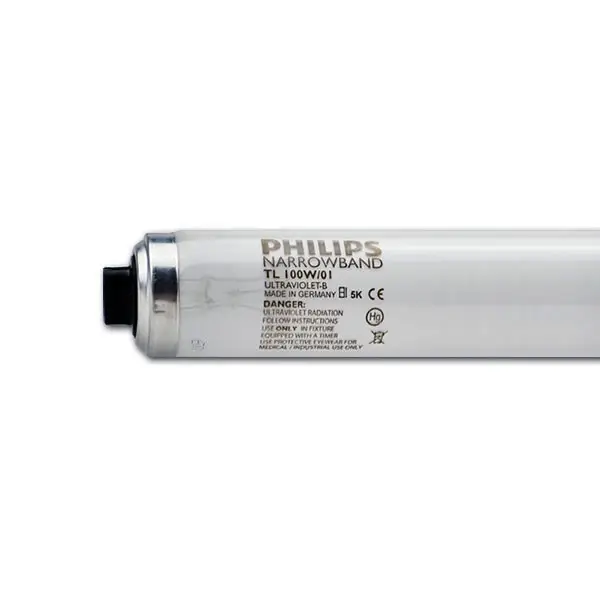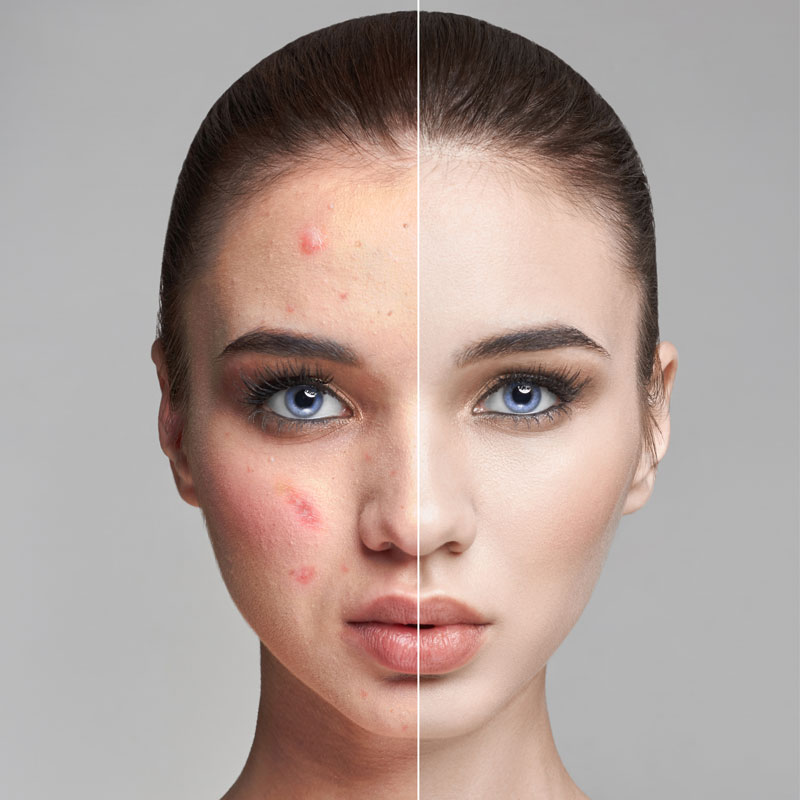Published on February 23, 2024
Contraindications to Ultraviolet Phototherapy
An evidence-based analysis on “Ultraviolet phototherapy management of moderate-to-severe plaque psoriasis” (Medical Advisory Secretariat, 2009) noted that there are a range of contraindications for UVB phototherapy and for PUVA. Both treatments have contraindications including any history of light sensitivity disorders (i.e., lupus erythematosus, porphyria, cutanea tarda, xeroderma pigmentosum etc.), melanoma, squamous cell carcinoma, aphakia, and/or basal cell carcinoma. The safety for PUVA has also not been established in pregnancy, nursing mothers, or children. There are also contraindications for patients with significant hepatic impairment and for those taking warfarin or phenytoin.
An UpToDate review on “UVB therapy (broadband and narrowband)” (Honigsmann, 2019) lists lupus erythematosus and xeroderma pigmentosum as absolute contraindications as well as history of photosensitivity diseases (e.g., chronic actinic dermatitis, solar urticaria), history of melanoma, history of nonmelanoma skin cancer, history of treatment with arsenic or ionizing radiation because of the increased risk for skin cancer, and immunosuppression for organ transplant patients as relative contraindications.
References
- https://www.aetna.com/cpb/medical/data/200_299/0205.html
- Medical Advisory Secretariat. Ultraviolet phototherapy management of moderate-to-severe plaque psoriasis. An evidence-based analysis. Ont Health Technol Assess Ser. 2009;9(27):1-66.
- Honigsmann H. UVB therapy (broadband and narrowband). UpToDate [online serial]. Waltham, MA: UpToDate; reviewed November 2019; December 2021; June 2023.
